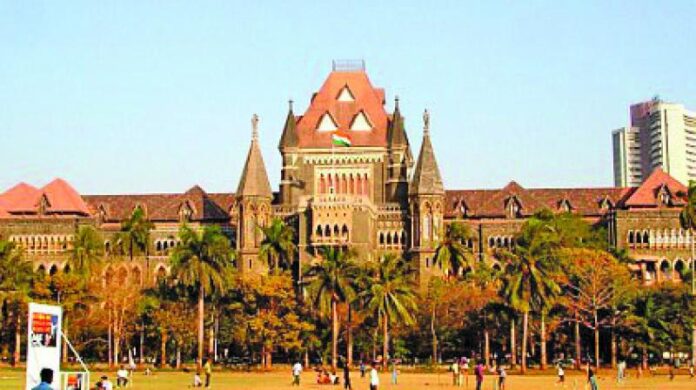Project, which Prime Minister Narendra Modi launched on January 12, has been ordered by the Bombay High Court. The Land purchase Act of 1894 had sparked the land purchase proceedings, which had lapsed since the statutory processes had not been followed, according to a division bench of Justices MM Sathaye and BP Colabawalla.
Thus, in accordance with the guidelines set forth by the Right to Fair Compensation and Transparency in Land Acquisition, Rehabilitation, and Resettlement Act, 2013, the Court ordered the State land acquisition authority to make a new compensation decision. The Court observed that the petitioners, or landowners, had given the government control of their individual properties because they did not want to obstruct a crucial municipal project and that they would only seek payment following the issuance of an award under the 2013 Act.
The State government should swiftly carry out the procedure for determining the compensation, the Court stressed, and the petitioners would not regain custody of the acquired property.
“The State shall determine the petitioners’ entitlement to compensation for their lands through the issuance of a new Award, following the prescribed procedure and provisions outlined in the 2013 Act.” According to the Court’s January 16 ruling, “The State shall carry out this process as expeditiously as possible, especially considering that the Petitioners have lost their valuable property quite some time ago and haven’t received any compensation.”
The petitioners had started the purchase process for their seven hectares of land (together) in accordance with the 1894 Act. Additionally, the urgency clause had been used by the land purchase authorities, therefore no inquiry had been conducted before the acquisition. After that, on December 22, 2012, a legislative statement defining the land acquired for the public project was published in the official gazette. On April 22, 2015, the compensation award—contested in this petition—was decided.
The Court observed that this compensation award was made on January 1, 2014, which was two years after the 2013 Act went into effect. However, in accordance with the 2013 Act, an award must be made within a year starting on January 1, 2014, if one is not already made in proceedings originating from the 1894 Act. The High Court’s Aurangabad bench issued a stay order, which was the reason why such an award could not be made earlier. The Aurangabad Bench halted a 2014 announcement for 79 days on market rate computation for land acquired under the Land Acquisition Act.
The Supreme Court decided that the 79-day period could not be taken into account when determining the amount of time needed to approve the award; instead, the compensation award had to be passed by March 20, 2015. Since the award was passed on April 22, 2015 with a delay of over a month, the Court found that the acquisition proceedings had plainly lapsed. The State government was also found to have disregarded the requirements once the urgency clause was invoked, according to the Court. In order for the clause to come into effect, the interested parties had to get eighty percent of the anticipated compensation before the government could take possession of the land. The government would only then have title to the land.
In this instance, none of these requirements had been met prior to the award being made. This was another justification for ruling that the previous land purchase procedures had expired. “Even though the urgency clause was used, the Petitioners received no payment, estimated or otherwise until the Award was passed, and they were not granted possession of the properties until the foregoing Petitions were filed. Given the circumstances of this case, it is acknowledged that Section 17(3-A) has not been followed. As a result, the land does not fully vest in the State, and the acquisition will expire if the Award is not granted within the legally mandated time frame, the Court concluded.






